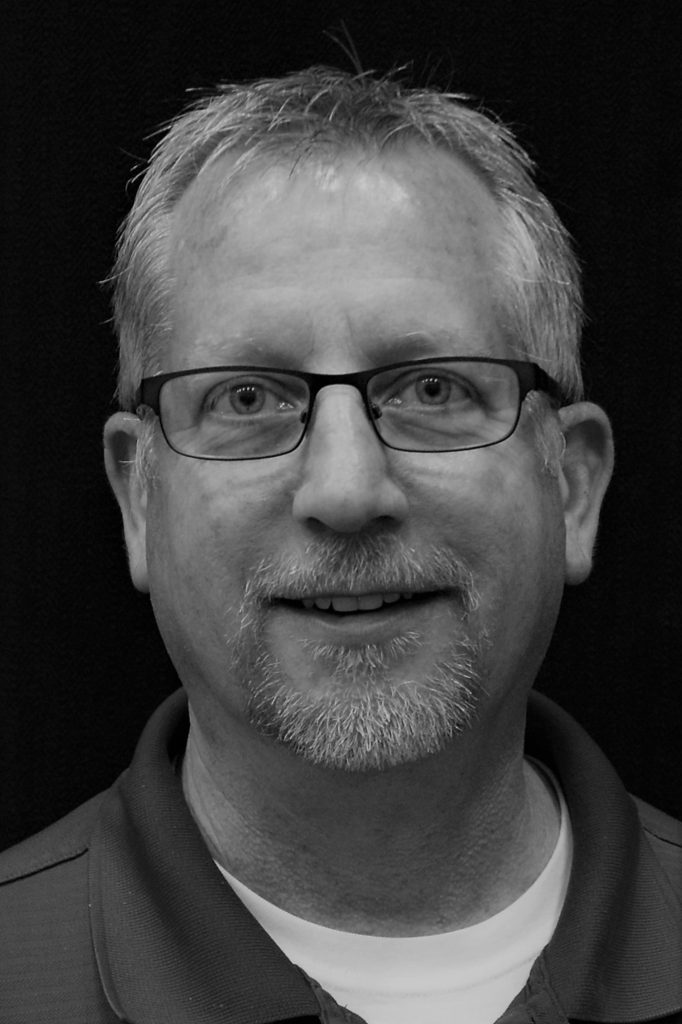Customers proper support is crucial to building long-term relationships

Picture: Dave Binger from Messer Cutting Systems, North America
Menomonee Falls, WI – As machines evolve, giving customers proper support is crucial to building long-term relationships, says Dave Binger, applications manager, Messer Cutting Systems Inc. Read the whole interview With FFJournal.
Q: Please define applications support.
Dave Binger: At Messer Cutting Systems, we offer two levels of customer support: service and applications. Service handles machine installation and repairs. Applications provides CAD/CAM assistance, process solutions (including plasma, oxy-fuel, drilling, fiber laser and bevel cutting) and customer training. The applications team also supports our sales department with machine demonstrations, sample part cutting, time studies, trade shows and system recommendations.
Q: How can applications support help customers address their challenges?
Binger: Machines are becoming more complicated due to advancements in technology. Combination equipment supports multiple processes—such as plasma beveling and fiber laser or drilling and cutting—on one machine. Manufacturers are adding more processing to their fabricating, which means they are adding value to the parts. When you perform simple processing, the learning curve is very quick. Complex, multitasking machines allow users to create different, challenging types of parts, and companies that have never used this equipment require an extensive amount of support.
Another obstacle for customers is employee turnover or promotion. We often spend years getting a customer’s employees to a certain level of expertise, and then they leave the company or are promoted to a different position. We can help the customer start over with a new person or get somebody with less experience up to speed.
We also provide support to companies that buy used machines. Sometimes these organizations are just getting into the business and need to understand how the equipment works.
Q: Describe the training customers receive as part of applications support.
Binger: We have several phases of training. We provide instruction at Messer and then follow-up training at the customer’s facility. We also do ongoing remote training. We know these more complicated machines are going to require training, additional follow-up and support, so we want to make sure customers understand that they can contact us regardless of the age of their equipment. And, for those with whom we’ve worked a long time, we’ve established great professional relationships.
Q: How has applications support changed over the years?
Binger: When I first started at Messer, the machines were a lot less complicated and customer demand was much less vigorous than it is today. At that time, Messer didn’t offer any of its own programming and nesting software, so customers had to contact their software supplier to get support. Today, we offer the complete package—machine and software—so the customer has only one call to make for assistance. Our applications support department works very closely with our service department to determine whether calls relate to machine issues or software, processes, or training. Customers don’t have to figure out which department to contact. We’ll review the situation and make that determination.
Q: How has technology helped with applications support?
Binger: Many years ago, the process to diagnose a programming error took a long time. The customer had to fax a printout of the program or mail a floppy disk so we could take a look at the programming issue. In some cases, we actually had to travel to the customer’s facility to help troubleshoot the problem.
Now, we have several methods to access either the customer’s machine or their computer running our CAD/CAM software. We call this Virtual Service. With our customer’s permission, we can connect to their machine and view exactly what they are seeing on their control screen. We can review diagnostic data, examine their programs, check process and database information. We can also extract the program from their machine and perform further extensive testing on our computers at Messer. This technology offers a faster resolution and reduces travel costs. If a customer has a simple question, we can answer it within minutes, rather than getting on a plane and traveling to their facility.
All this is part of responding to customers quickly and providing a solution in a timely manner. Because when their machine is down, it’s costing them a lot of time and money.
